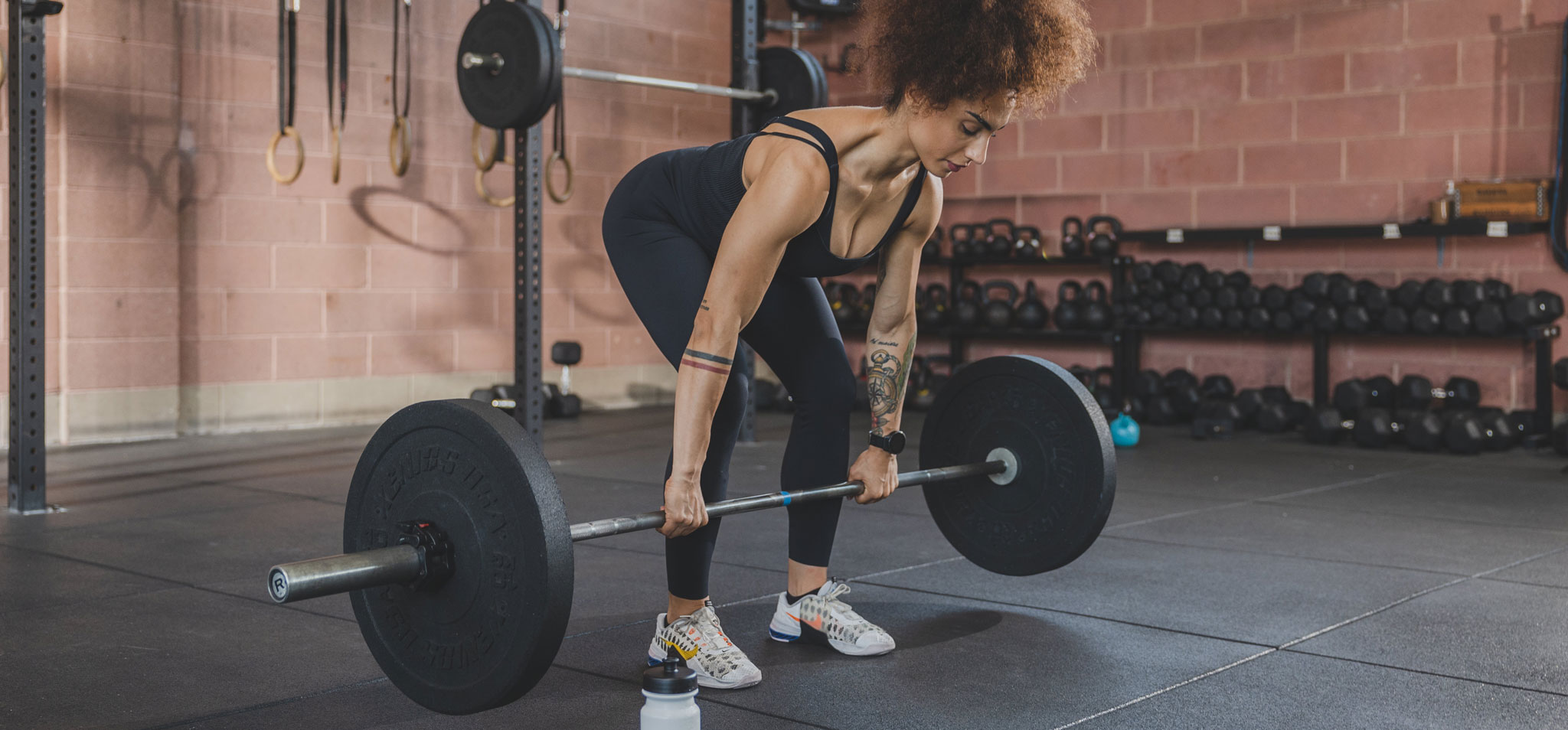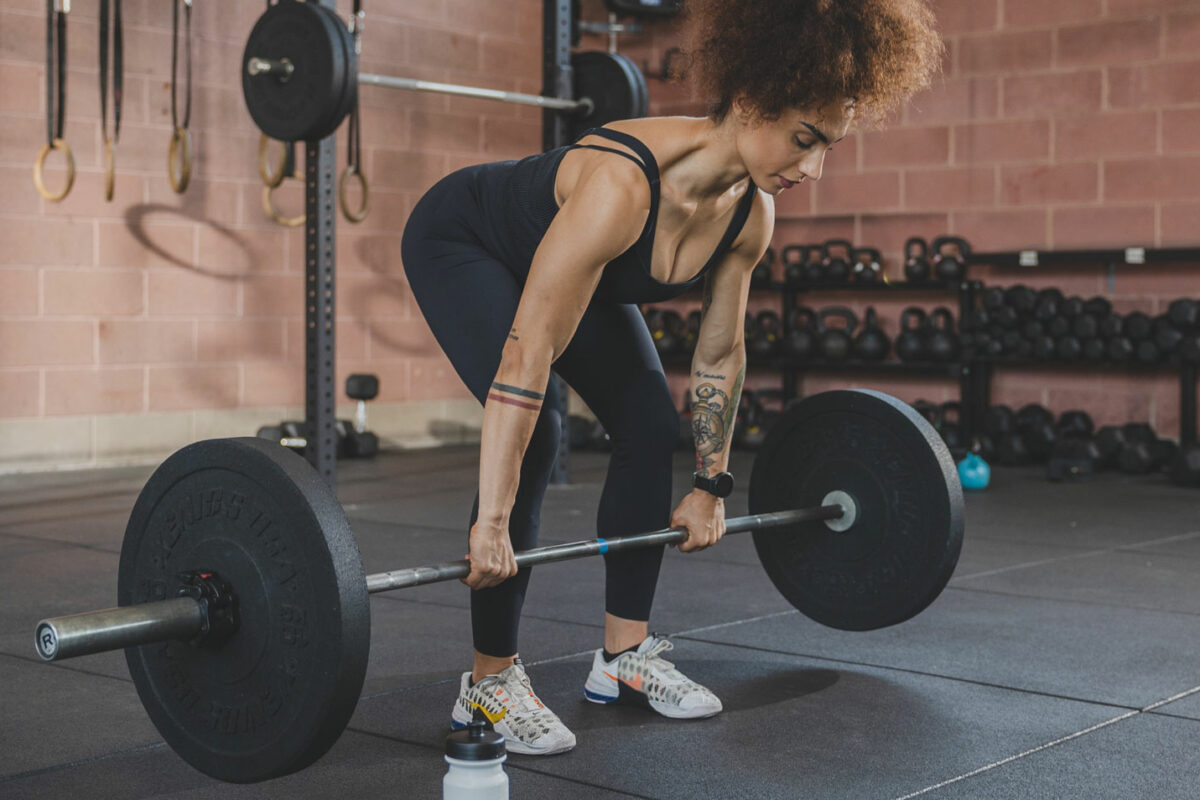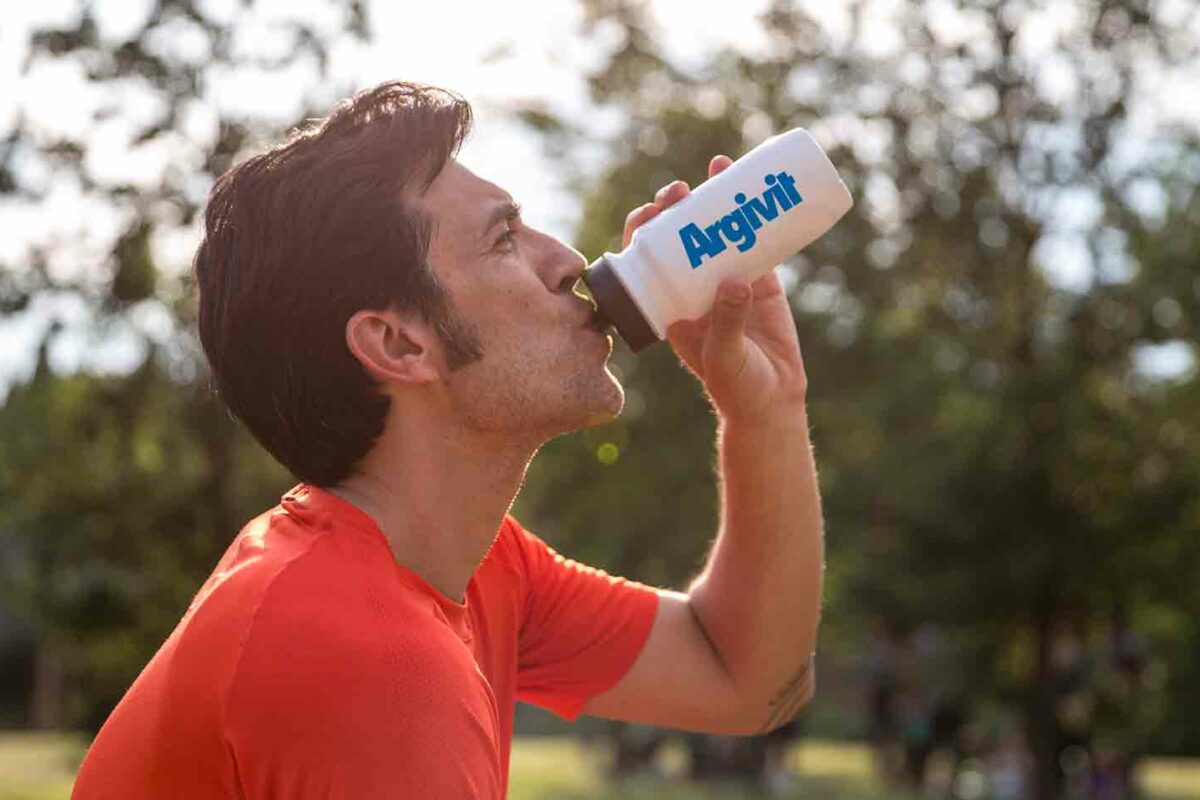What are some high-arginine foods?

Arginine is an amino acid that is required by the body in order to synthesize protein. Therefore, it is also essential for muscular well-being, especially when muscles are subjected to intense strain. The reason for that is immediately evident. Arginine has an effect on nitric oxide (NO) synthesis as it is an obligatory substrate for the nitric oxide synthase (eNOS) enzyme, which enhances blood flow to the muscle fibers and aids in the removal of waste metabolites. Due to its vasodilating effects, oral arginine supplementation is also used to treat cardiac conditions and erectile dysfunction.
Foods containing arginine
Under regular circumstances, our body is capable of producing the amounts of arginine required for energy production. However, a part of that can also be traced back to the foods we consume. As with any other amino acid, it can be found in foods that are high in protein, whether they are derived from animals or plants. The average daily intake of arginine for a healthy omnivorous individual is typically between 3.5 and 5 grams. Here are some high-arginine foods sorted by category.
- Meat. Within the category of high-arginine foods, both red meat and poultry stand out, with the latter being especially advantageous from a nutritional standpoint. Not only do chicken and turkey contain high levels of arginine, but they also serve as excellent sources of protein while being low in fat. Arginine is also plentiful in pork, albeit in lesser amounts in beef and equine cuts. Among the different cuts of red meat, the best option for athletes, and those looking to get their fill of arginine in general, is cured raw beef;
- Fish. Cod is known for its high arginine content, and the same applies to tuna, salmon, anchovies, shrimp, and lobster. Being a good source of protein, fish should be consumed at least three times a week from an early age. The ideal way of preparing fish would be either grilled or steamed, but it may also be used as a main course condiment;
- Eggs. Eggs are another great source of arginine as they can contain up to 800 milligrams per 100 grams. Contrary to past beliefs, there is no longer a restriction on the number of eggs that can be consumed each week;
- Dried fruits and nuts. Hazelnuts, almonds, and peanuts are all excellent sources of protein and arginine. Roasted peanuts, for example, can contain upwards of 3700 milligrams for every 100 grams. A good amount of arginine can also be found in cashews, walnuts, and pistachios. Given their health benefits and high protein content, dried fruits can be consumed as a snack several times per week. It is worth noting that they also contain significant amounts of essential fats, such as Omega-3 and Omega-6, while having a low sugar content. Nut butters/creams, like almond and peanut butter, are an excellent alternative for athletes looking for an energy boost, provided they do not contain other ingredients such as salt and sugar;
- Legumes. Chickpeas, beans, soybeans, fava beans, quinoa, and lentils are also high in arginine. The fact that they supply ample carbohydrates, and of course protein, solidifies their status as a fundamental element of every diet. Legumes may be used to make soups but also as side dishes. Pine nuts, pumpkin seeds, and sesame seeds not only make for a great snack, but are also rich in arginine;
- Dairy products. Besides calcium, they are also rich in arginine. Individuals looking to get their fill of this amino acid ought to seriously consider dairy products, including milk, yogurt, and cheese. However, it is worth noting that certain dairy products may contain high levels of fat. Low-fat cheese is also an option for those who do not want to overdo it;
- Cereal. Arginine can be found in many of the cereals used to make bread, pasta, and baked goods in general. As a rule, it is better to opt for whole-grain options;
- Fruits and vegetables. Small amounts of arginine can also be found in vegetables. Bananas, known for being a good source of magnesium and potassium, are also rich in arginine, making them very beneficial for athletes. Spinach also contains a good amount of arginine, about 4 grams per 100 grams of spinach.
Arginine supplementation: uses
As mentioned previously, arginine may also be consumed in the form of dietary supplements. The main reason athletes use supplements containing arginine is due to the aforementioned benefits it offers in terms of strenuous physical activity and muscle performance. Arginine is especially recommended for people that work out at the gym, and even more so for those who practice CrossFit, as it is essential for proper muscle function. It is indeed worth keeping in mind that while the amount naturally produced by the body would normally suffice in covering all its functions, it may prove insufficient in the context of intense and strenuous physical activity that requires a lot of energy.
Muscle and energy metabolism
Beyond the benefits it has on muscle metabolism, it is also worth mentioning that arginine plays a crucial role in glucose and creatine synthesis, with the latter being known for its positive effects on energy levels and athletic performance, thanks to its ability to release energy in situations that require it. Moreover, it has been proven that arginine possesses antioxidant properties and can enhance immune function, both of which play a pivotal role in anaerobic training. Additionally, arginine also aids in muscle protection, which proves highly beneficial when recovering from trauma and injuries.












